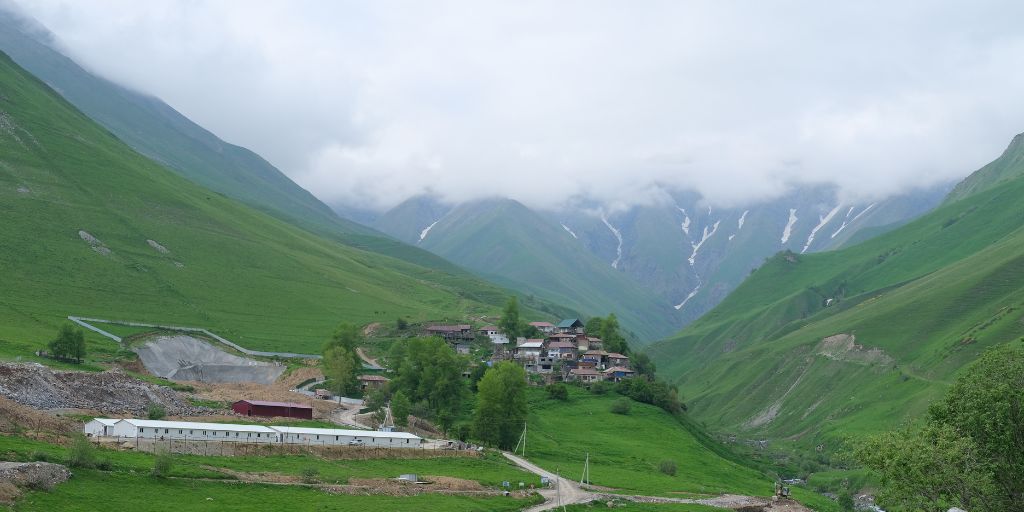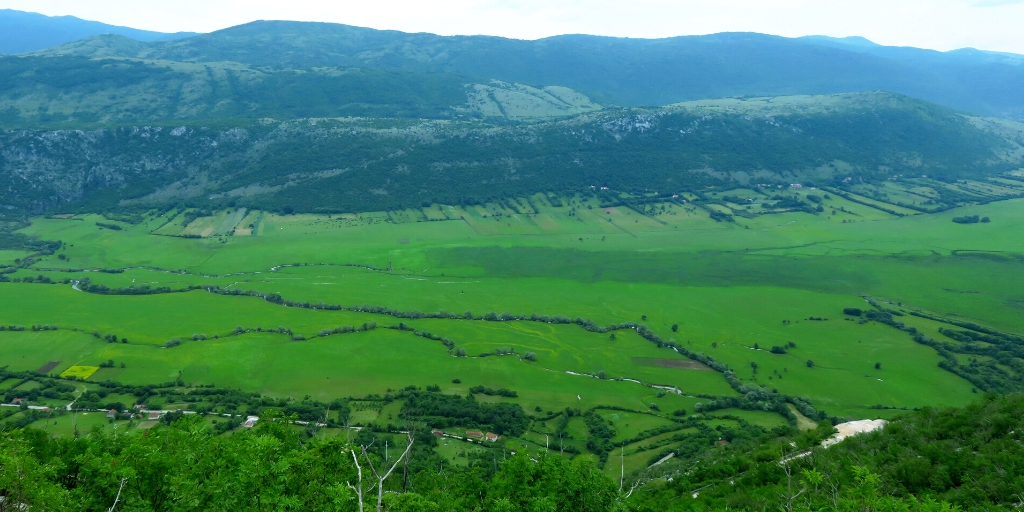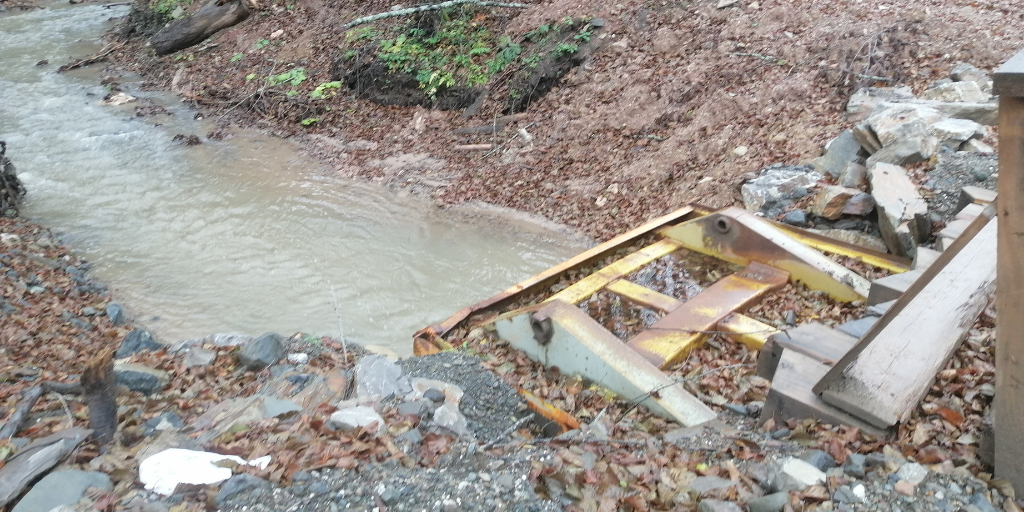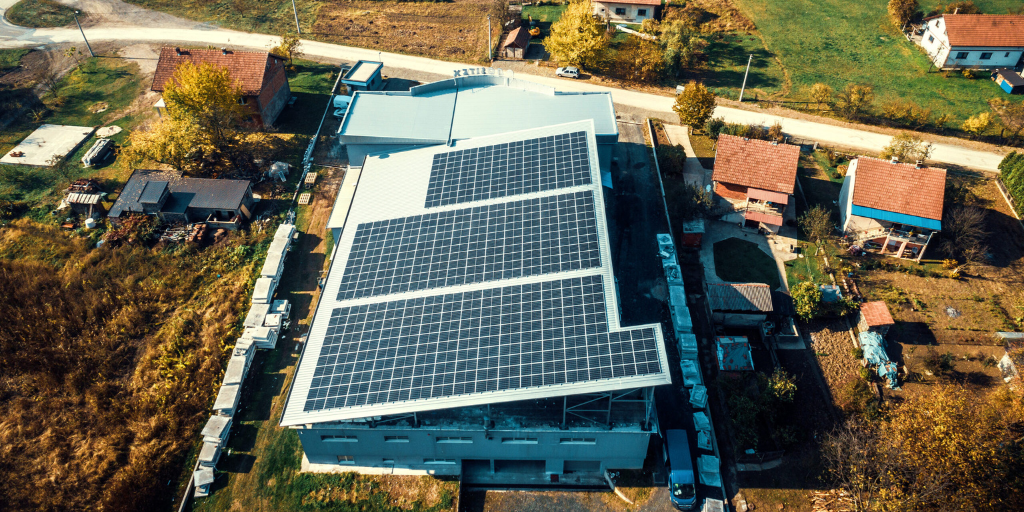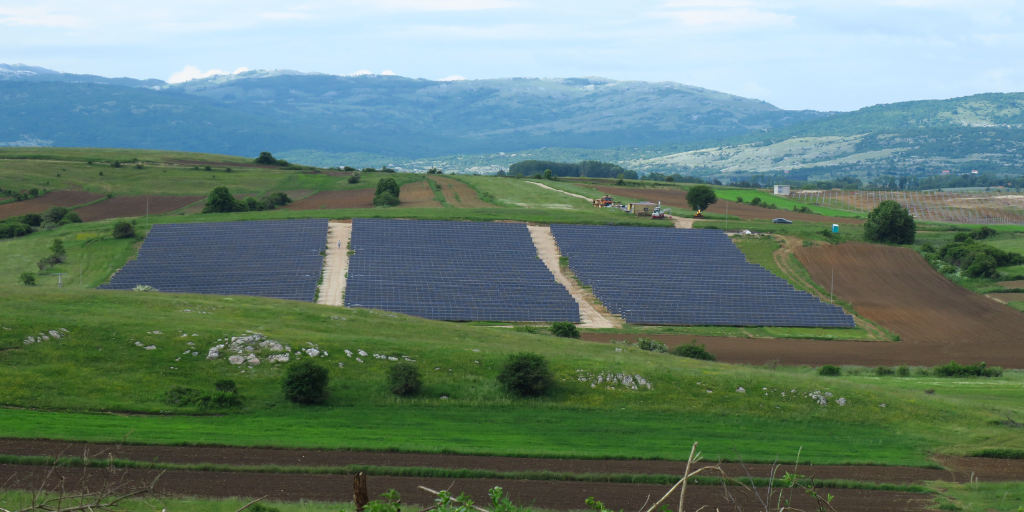Despite months of preparatory negotiations between the Hungarian government and the European Commission, the Hungarian public has only two weeks in August to participate in the public consultation on the extensive 67-page draft REPowerEU chapter before it’s submitted to the European Commission by 31 August.
The Georgian Road to Russia: when everything goes south
August 3, 2023 | Read more
The North-South Corridor, widely promoted by international financial institutions, aims to facilitate the transport of goods as the ‘only land access to the Russian Federation’, as well as to Iran, Armenia and Azerbaijan, running through Georgia. Yet the project impacts the cultural heritage of picturesque landscapes in Georgia without answering the major question raised Georgian taxpayers – why should they pay for a new road to Russia, a country that does not have diplomatic relations with Georgia, has occupied Georgian territories, and presents one of the major obstacles to Georgia’s European future?
If completed, the EUR 338 million project would violate a Recommendation of the Bern Convention No. 217 (2022) and leave tributaries of the Neretva river without water. People living in the Nevesinjsko karst field oppose resettlement and flooding of their houses and land.
The DFF Adriatic Metals project, located between the towns of Vareš and Kakanj in Bosnia and Herzegovina, is proclaimed by the investor to be setting new benchmarks for sustainable mining and committing to safety, community, and sustainability – claims not shared by people living in Kakanj.
Investors complain about excessive administrative requirements to build wind farms, but the poorly-controlled proliferation of hydropower plants indicates a dearth of environmental and social safeguards. How can sustainable renewables be built quickly enough while protecting nature and ensuring public participation?
Bosnia and Herzegovina’s draft NECP finally looks to the future, plans no new fossil fuel power plants and significantly scales back unrealistic hydropower plans. But existing coal plants are to keep operating illegally and the draft is furtive about coal-to-biomass plans.

